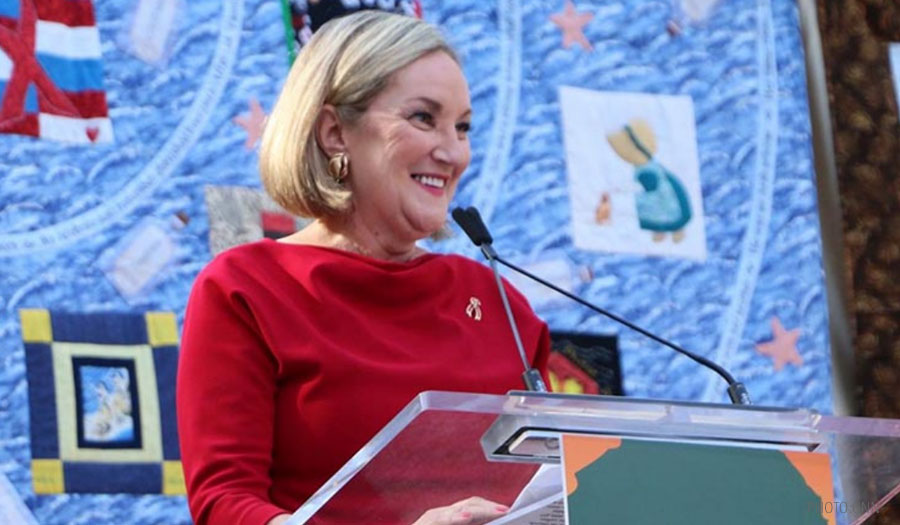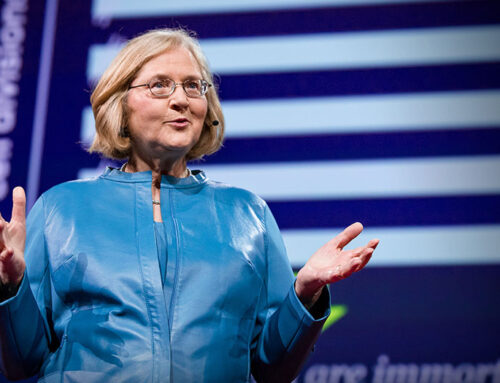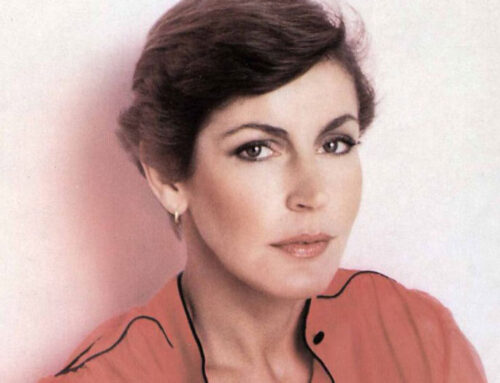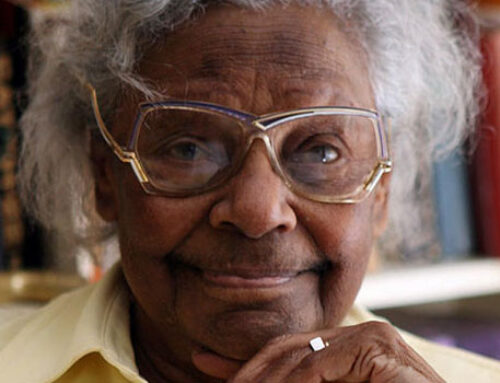It was 1984 and Ruth Coker Burks was just 25 years old when she came across a young gay man dying alone in the hospital in Little Rock, Arkansas. She tried reaching out to his mother, but she had no intention of coming to see her “sinful” son who was already dead to her. Ruth returned to the room and stayed with him for 13 hours until he passed away.
With his family refusing to claim his body, Ruth decided to bury him herself in the Hot Springs cemetery where her family owned hundreds of plots. Over the next few years, she became one of the go-to people in the conservative Southern state caring for people with AIDS and burying more than 40 people, most of them gay men who had been rejected by their families.
During this time, as the AIDS epidemic was devastating the gay community across the country, she began to get referrals from rural hospitals across the state. She gave up her career as a successful real estate agent to help AIDS patients that had no one to care for them.
“Word got out that there was this kind of wacko woman in Hot Springs who wasn’t afraid… I was their hospice. Their gay friends were their hospice. Their companions were their hospice.”
Without any medical training, Ruth cared for dying gay and bi men abandoned by families. She arranged appointments, picked up medication, and counselled them through their grief. Time and time again, Ruth reached out to their parents but, out of the 1,000 people she cared for, she says that only a handful didn’t reject their dying children.
Ruth (also known as the Cemetery Angel) was very religious, but the Methodist church turned its back on her. ‘There wasn’t a church that wanted me because I worked with AIDS patients. They didn’t want me.’
The drag queen community and gay bars got organised to raise funds to support Ruth’s work, to buy medicine and pay the rent. ‘Everyone that died of AIDS – so many of them were so talented. The world never got to witness to see how talented they really are.’
By the mid-1990s, better treatment, education, and social acceptance made her efforts largely obsolete and Ruth stopped caring for patients personally, although prejudice against her personally continued.
A recent crowdfunding campaign has raised over $75,000 towards her dream to create a memorial those she buried. She has plans for a weeping angel and a plaque… ‘telling the story of what happened from my eyes and the story of my brave men who died, also listing their names. After I’m gone, no one will take care of it so I want to set up some kind of trust to help keep the place intact.’
“My daughter would go with me. She had a little spade, and I had posthole diggers. I’d dig the hole, and she would help me. I’d bury them, and we’d have a do-it-yourself funeral. I couldn’t get a priest or a preacher. No one would even say anything over their graves.”
Upon hearing her story, actor and producer Rose McGowan produced a short film in 2017 called “Ruth”.
> Watch the film (8 mins): Ruth




